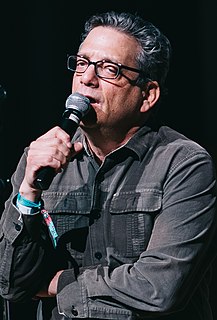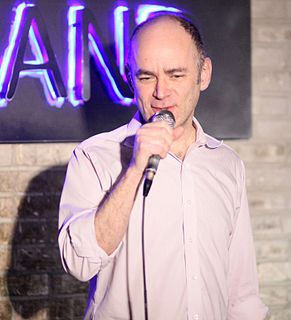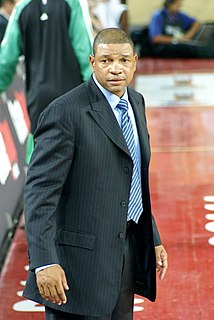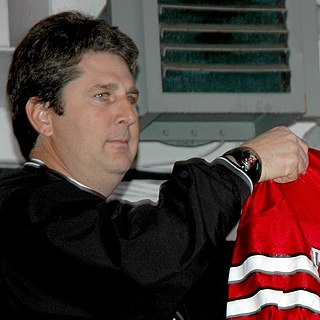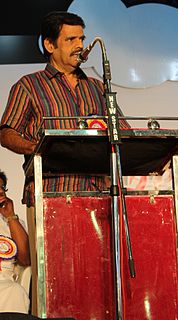A Quote by Andy Kindler
I don't believe in burning holy books, but I am organizing a protest. I'll be burning all my Dennis Miller VHS cassettes as a special protest. I don't want to hear the introduction 'you may have seen our next comedian on the Hannity show'.
Related Quotes
Has anyone seen me on Letterman? Two million people watch that show and I don't know where they are. You might have seen this next comedian on the Late Show, but I think more people have seen me at the store. That should be my introduction. "You might have seen this next comedian at the store," and people would say "Hell yes I have!"
I cling unto the burning Æthyr like Lucifer that fell through the Abyss, and by the fury of his flight kindled the air. And I am Belial, for having seen the Rose upon thy breast, I have denied God. And I am Satan! I am Satan! I am cast out upon a burning crag! And the sea boils about the desolation thereof. And already the vultures gather, and feast upon my flesh.
But everyone cannot be there, and that is why photographers go there - to show them, to reach out and grab them and make them stop what they are doing and pay attention to what is going on - to create pictures powerful enough to overcome the diluting effects of the mass media and shake people out of their indifference - to protest and by the strength of that protest to make others protest.
Book burning is a charming old custom, hallowed by antiquity. It has been practiced for centuries by fascists, communists, atheists, school children, rival authors, and tired librarians. Like everything of importance since the invention of the cloak and the shroud, its origins are cloaked in mystery and shrouded in secrecy. Some scholars believe that the first instance of book burning occurred in the Middle Ages, when a monk was trying to illuminate a manuscript. All agree that book burning was almost non-existent during the period when books were made of stone.
